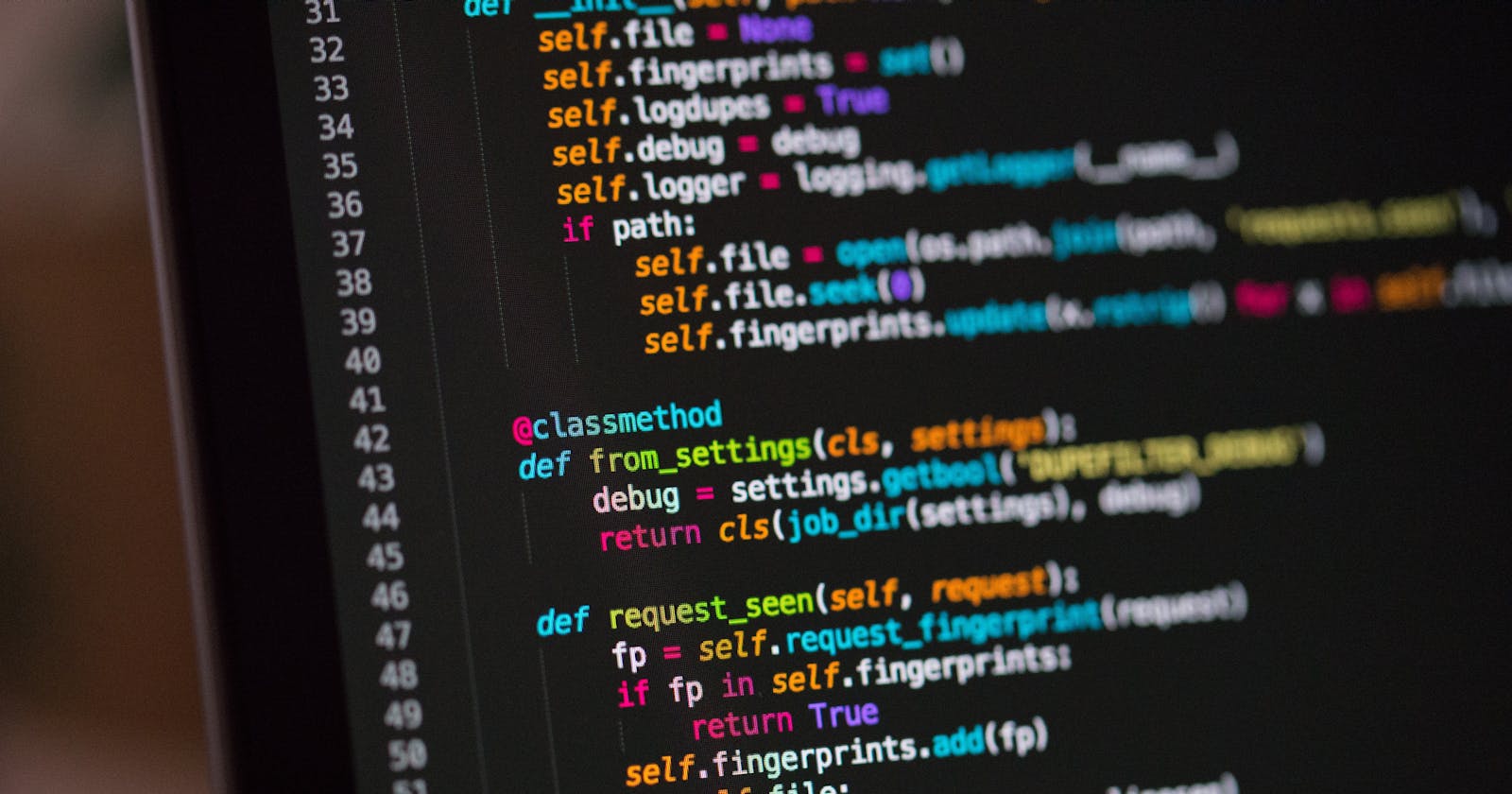In this article, I will explain what variables are and their importance.
In programming, variables are like containers used to store information that can be called and used at any point in the code. They are used to store data of various types (strings, integers, lists, tuples, sets, dictionaries) in an organized form.
Why are variables important?
Variables are important because they enable programmers to write flexible computer programs. In most programming languages, variables can be overwritten (the content of a variable replaced with a new one), so it's best practice to give variables distinct names.
Variables are important because:
- They serve as a store in memory where they can be called at any point in time. They practically store information.
- They provide a way of labelling data with a descriptive name so that our program can be understood easily.
In naming variables, some measures that have to be put in place which are:
- Don't complicate the naming of your variables. For example, if the data to be stored are ages, the name of the variable could be simply called ages or ages_of_cats (depending on its use in the code).
- Avoid giving variables the same name. It can cause the first name to be overwritten.
- In Python, there are laid down rules on naming variables which can be found PEP 8 rule - python.org/dev/peps/pep-0008
Hopefully with this, you've been able to see why variables are important in programming. They are very easy to use when you follow the rules correctly. I hope I have helped you a little on your coding journey.

